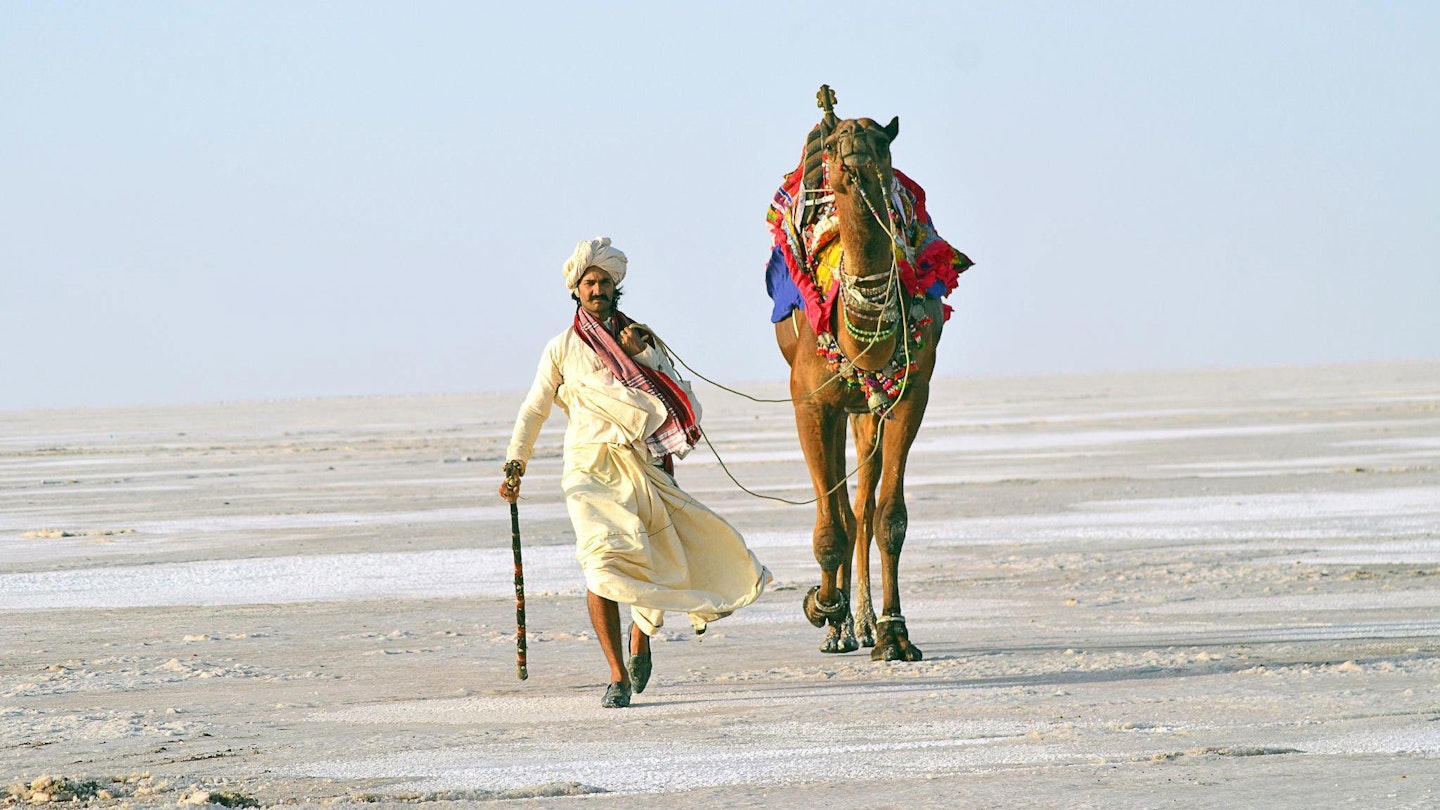Having confronted sexual bigotry in Fire (1996) and religious sectarianism in Earth (1998), Deepa Mehta set out to complete her ‘elements‘ trilogy with Water back in 2000. She was temporarily forced to abandon the project after groups linked to the Hindu fundamentalist Bharatiya Janata Party succeeded in destroying the sets in Uttar Pradesh, convinced that they were preventing an insult to Indian womanhood. But, in 2005, Mehta resumed production in Sri Lanka, with Lisa Ray and Seema Biswas replacing Nandita Das and Shabana Azmi as the leads. The relocation also led to the casting of Sarala, who excels as the eight year-old whose arrival at an ashram in the holy city of Varanasi provokes a rebellion against the sacred Manu doctrine that a widow should either join her husband on his funeral pyre, marry his younger brother or subject herself to a life of isolation and penury.
But this is not just a diatribe against a discriminatory custom that continues to exist (albeit in a less drastic form). Mehta uses her story to discuss the wider contemporary problem of religions being used by extremists as a means of controlling the minds of believers and compelling them to uphold prejudices and practices that owe little to spirituality. The concluding encounter with Gandhi, in which Biswas is moved by his desire for people to see Truth as God rather than God as Truth, reaffirms this exceedingly courageous stance, which typifies the Toronto-based Mehta’s uncompromising attitude to her homeland.
However, this is less rigorously a work of Parallel Cinema than its predecessors, as Mehta has opted for a melodramatic narrative that would not be out of place in a conventional Bollywood picture and included a couple of A. R. Rahman songs to give the soundtrack a broader appeal. Moreover, she allows the romance between Ray and Abraham to deflect attention from Sarala’s piteous plight, as well as Biswas’ growing disillusion with Manorma, the ashram matron who pimps Ray in return for dope from gossiping eunuch Raghuvir Yadav.
